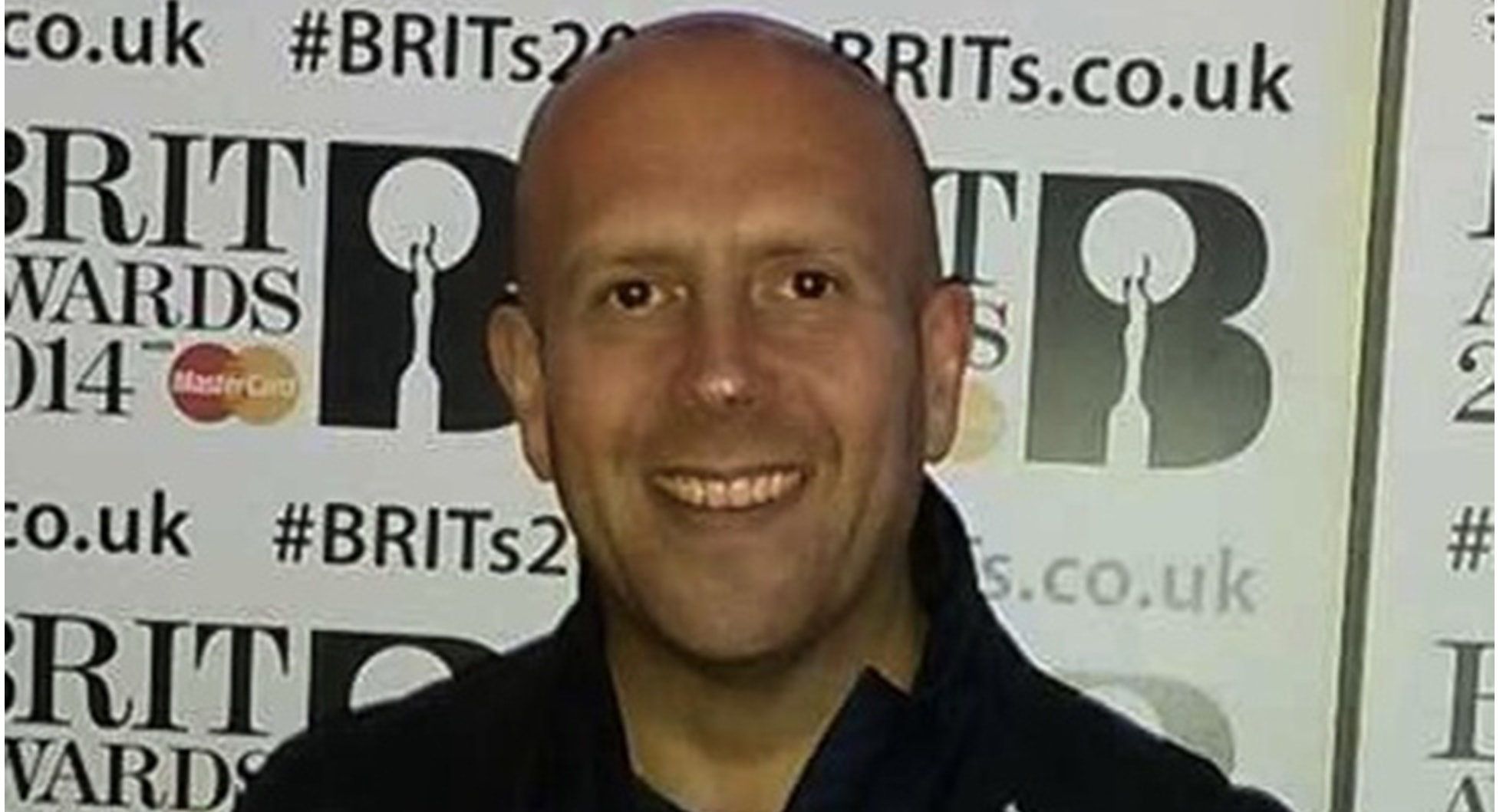 Since the appointment of the new culture secretary, John Whittingdale, speculation has sprung up surrounding the funding of the BBC, and specifically the license fee. Whilst it is unlikely the license fee will be scrapped any time soon, hiring someone who has been a vocal opponent of the BBC to head up their imminent Royal Charter review could mean that we can expect some profound changes to the current system in the long term.
Since the appointment of the new culture secretary, John Whittingdale, speculation has sprung up surrounding the funding of the BBC, and specifically the license fee. Whilst it is unlikely the license fee will be scrapped any time soon, hiring someone who has been a vocal opponent of the BBC to head up their imminent Royal Charter review could mean that we can expect some profound changes to the current system in the long term.
Whittingdale’s committee has stated “the model is becoming hard to justify and sustain” and have proposed alternatives such as obtaining commercial support through advertising.
However, as controversial as it may sound, I have no real issue with the BBC as it is. Why? Well it’s been 21 years since I started the business, at a time when there were only four terrestrial TV channels, the launch of BBC Radio 5 live and Global Radio group didn’t exist, and YouTube was still over a decade away ... and how things have changed! In that time the depth of content across all platforms and the way in which the BBC has led and held my metaphorical hand (as a news junkie) has been superb. No matter how much choice there is in the market I still find myself using the BBC’s news platforms as my main news inputs; when I wake up at 5:30am I’m watching BBC World Business Report, later BBC Breakfast in the office, and then regularly check its .co.uk and respective programme twitter feeds throughout the day. Do I as a consumer/ license fee payer take it for granted? Possibly, and hence why when reminded of the cost I do not have an issue.
I also have a non-terrestrial broadcaster service in my home which I pay for, I have a mobile telco contract which I pay for – the list can go on. The fact and reality is, I expect to pay for services and choice. If I wanted all my news and entertainment content via a shared economy model would I only use YouTube? But then who would be the broadband or telco provider to ensure I could connect?
At a time of increasing competitiveness for our time, across all media and platforms, the BBC still holds firm. Rajar stats out last week shows us once more that in the 21 years since our inception the BBC is still doing it, still delivering strong numbers, so surely it must be doing something right – not least taking our interviews!
The argument rages that the BBC should be co-funded with advertising or adopt a different model, and rest assured I fully acknowledge that the business practise in all guises of the BBC is not flawless, but tell me of any business that doesn’t have its commercial flaws, or that can’t be streamlined.
For anyone who has consumed media in the US or UAE even, where the quality of programming, the controls over output, the ad breaks and lack of formal regulation such as Ofcom, can lead to a lesser audience experience makes me value what we have in the BBC.
If we as a nation have issue with the licence fee I’d rather we debate what it pays for and the range and diversity of service the BBC offers rather than compromise the audience experience. I only hope that in 21 years from now, the BBC will still be doing what it does best, with its commercial flaws, and it’s still acknowledged globally as one of the world’s leading broadcasters.
Written by markettiers4dc’s Howard Kosky
PR Masterclass: The Intersection of PR and GEO
Join PRmoment for a Masterclass featuring 10 of the industry’s foremost experts. You will walk away with a clear, actionable strategy for adapting your content to an AI-first search environment.
Taking place on Wednesday 25th February in London, both virtual and in person tickets are available.
Early bird ticket sale ends Friday 9 January.
PR MasterclassIf you enjoyed this article, sign up for free to our twice weekly editorial alert.
We have six email alerts in total - covering ESG, internal comms, PR jobs and events. Enter your email address below to find out more:









